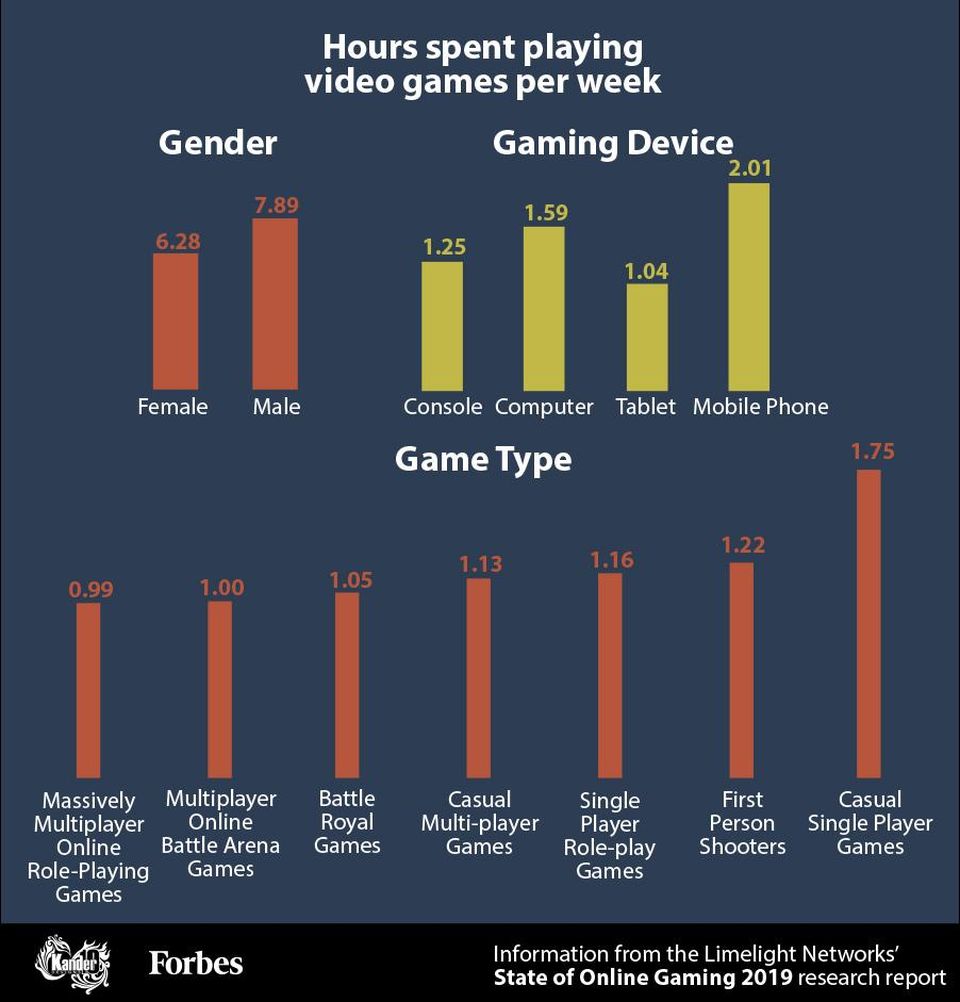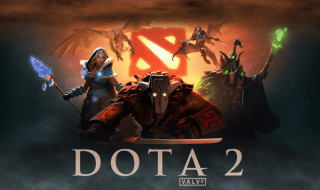
It’s no secret that people spend an inordinate amount of time playing games. No matter the age, no matter the console, everyone loses track of time whenever they really get into a game. Now, what if that time spent is used to learn a completely different skill such as learning a new language? Then we would probably have people all over the world able to speak languages from countries that they have never been to, or never been taught in school.
The Gamer’s Life

According to Gamingscan, 64% of the average US household owns a device that they play video games on, and 60% of the American population play daily. In a week, the average adult plays for about 8.3 hours which brings that number to 33.2 hours a month or nearly 400 hours in a year! Benny Lewis, polyglot founder of Fluent in 3 Months, had established that becoming fluent in a language takes about 400-4,400 hours depending on the difficulty of the subject language and mode of study of the learner. If even a fraction of our gaming time could be spent supplementing our study time, fluency in a foreign language would be that much easier.
Gamer’s Mindset
Another area where games could assist in language learning is the aspect of mindset. In her TED Talk, Intercultural Communications Expert Marianna Pascal discussed how learners approached a new language with much anxiety. Much like learning how to play the piano, they did not want to get a single thing wrong. This leads to not focusing enough when a fluent speaker talks to you, not being able to express yourself due to panic, or losing the words you already know in the middle of a conversation. Pascal realized the solution to this during the time she had gone to a computer shop in Malaysia. She was beside a player who was particularly bad at his game, and yet had enjoyed the entire process of it. The player was focused only on the goal of the game and not the things he did wrong. Pascal says that this is the proper attitude when learning a new language, truly listening to the person you’re talking to and knowing the goal of what message you want them to receive.
Gamifying the Process
What’s difficult in the classroom setting is that students approach lessons and practice sessions with dread. A misplaced apostrophe here or wrong pronunciation there would mark you wrong and put you up for ridicule by your classmates and teachers, even if you understood the question and know how to get the message across. In this case, fear becomes the great motivator, and will usually lead to the students participating less or doing poorly. On the other hand, gamers are motivated to play because they have rewards for their efforts. Leveling up entails bonuses, repeating levels gives equipment or other items, or they could earn achievements to show off on their respective profiles. Integrating language learning with this kind of reward system would put students at ease and give an intrinsic motivation for their study.
Real-time communication in games also bypasses the notion of self-consciousness that hinders learning. In fast-paced games, there is no time to worry about what teammates think of you. You only have one goal: winning. To achieve it, you need to communicate quickly and clearly. Gaming also adds the filter of anonymity to its players, emboldening them within the game and pushing them to do well.
Back to The Real World

Currently, languages are learned through school, self-study programs, tutoring, or immersion. Rote memorization and spaced repetition have always been the way to go. There are no language learning games that are on the levels similar to massive multiplayer online role-playing games. We only have apps like Duolingo or Memrise that, in a sense, have gamified the learning process. In spite of this, both apps still feel like a classroom session with just better graphics.
Imagine playing in a 3-D fantasy world where you are taught spells in Spanish, slowly growing your vocabulary throughout the game, unlocking exclusive areas and giving you more command within the world, the more of the language you are able to speak. Incentivizing learning in this way makes for rapid improvement and removes the common barriers that people normally impose on themselves when trying out a new language. Hopefully, large-scale game publishers soon develop and release these types of games which, aside from entertainment and socialization, focus on developing the players’ capabilities.




